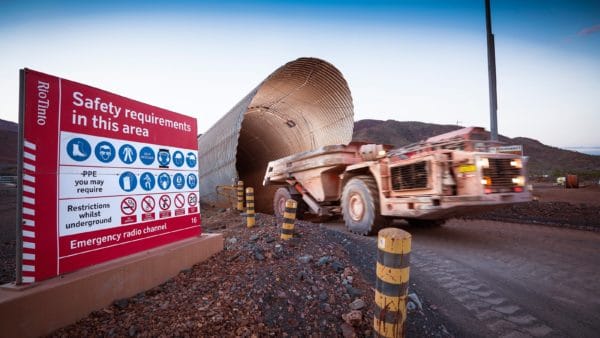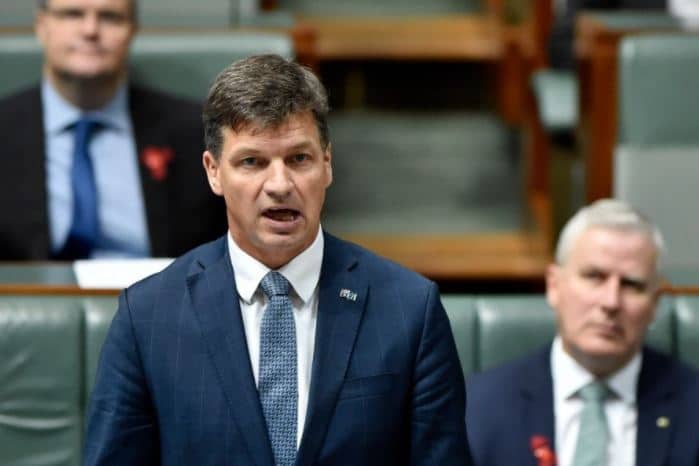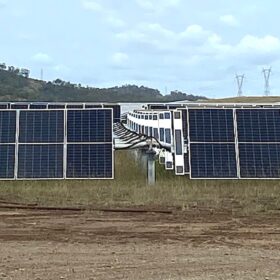The Morrison government’s plan to expand the scope of the Australian Renewable Energy Agency (ARENA) so it can fund non-renewable energy projects has come under increased scrutiny with a parliamentary committee questioning whether it is legal.
Taylor has moved to expand the mandate of ARENA to allow it to fund carbon capture and storage projects and hydrogen that can be produced from fossil fuels. Projects in the heavy transport, agriculture, mining, manufacturing, gas supply, water supply, waste services and data centre sectors could also be funded.
Taylor said the changes are designed to make technologies like carbon capture and hydrogen commercially competitive to reduce emissions “without destroying industries or jobs”.
The proposed change has attracted criticism from the Labor Party while Clean Energy Council chief executive Kane Thornton said it will injects uncertainty into what needs to be a clear and strong economic signal for an orderly transition away from fossil fuels.
“There is no such thing as clean coal, and gas is not a low-emissions technology,” he said.
The Smart Energy Council has also voiced its opposition, declaring in a tweet it will fight the proposed changes which have now attracted the focus of the Standing Committee for the Scrutiny of Delegated Legislation.
In a letter to Energy Minister Angus Taylor, the Senate committee’s chair, Concetta Fierravanti-Wells, expressed concern that his plan to use regulation rather than legislation to expand ARENA’s remit could be illegal.
The Liberal senator wrote to Taylor on Thursday, noting the objective of the laws governing ARENA were “to improve the competitiveness and supply of renewable energy in Australia”.
“The legislated functions of the ARENA are limited to supporting renewable energy technologies,” she wrote.
“There is nothing in the … Act to suggest that it was contemplated that the ARENA would have the ability to foster anything other than renewable energy technologies.”

Image: Rio Tinto
Fierravanti-Wells said the committee believed “given the scope and impact of the measures”, they were more appropriate for parliamentary enactment rather than regulation, or delegated legislation.
“The committee therefore requests your advice as to why it is considered necessary and appropriate to use delegated legislation, rather than primary legislation, to expand the remit of the Australian Renewable Energy Agency to include non-renewable energy technologies,” she wrote.
Fierravanti-Wells called on Taylor to explain the move by July 1, suggesting the committee could move a motion to disallow the change in the Senate if he did not respond.
Labor’s climate spokesperson Chris Bowen told parliament on Tuesday he believed the change could be illegal, saying the “the giveaway” was in the agency’s name.
“The ‘r’ in ARENA stands for renewable,” he said.
“It’s in the act, as the objective of the act, and it’s a pretty clear principle under other legislation that a regulation cannot conflict with the legislated act.”
Bowen said Labor supports any new energy technologies that stack up scientifically and commercially but said deserving non-renewable technologies should be supported in other ways and not allowed to dilute ARENA’s funding and expertise.
“Even the minister’s explanatory statement on the new regulations admits that ARENA’s legislated functions are currently limited to supporting renewable energy technologies,” Bowen said.
“Changing those functions would require legislation – not a cynical attempt to circumvent the parliament via regulations.”
This content is protected by copyright and may not be reused. If you want to cooperate with us and would like to reuse some of our content, please contact: editors@pv-magazine.com.









By submitting this form you agree to pv magazine using your data for the purposes of publishing your comment.
Your personal data will only be disclosed or otherwise transmitted to third parties for the purposes of spam filtering or if this is necessary for technical maintenance of the website. Any other transfer to third parties will not take place unless this is justified on the basis of applicable data protection regulations or if pv magazine is legally obliged to do so.
You may revoke this consent at any time with effect for the future, in which case your personal data will be deleted immediately. Otherwise, your data will be deleted if pv magazine has processed your request or the purpose of data storage is fulfilled.
Further information on data privacy can be found in our Data Protection Policy.